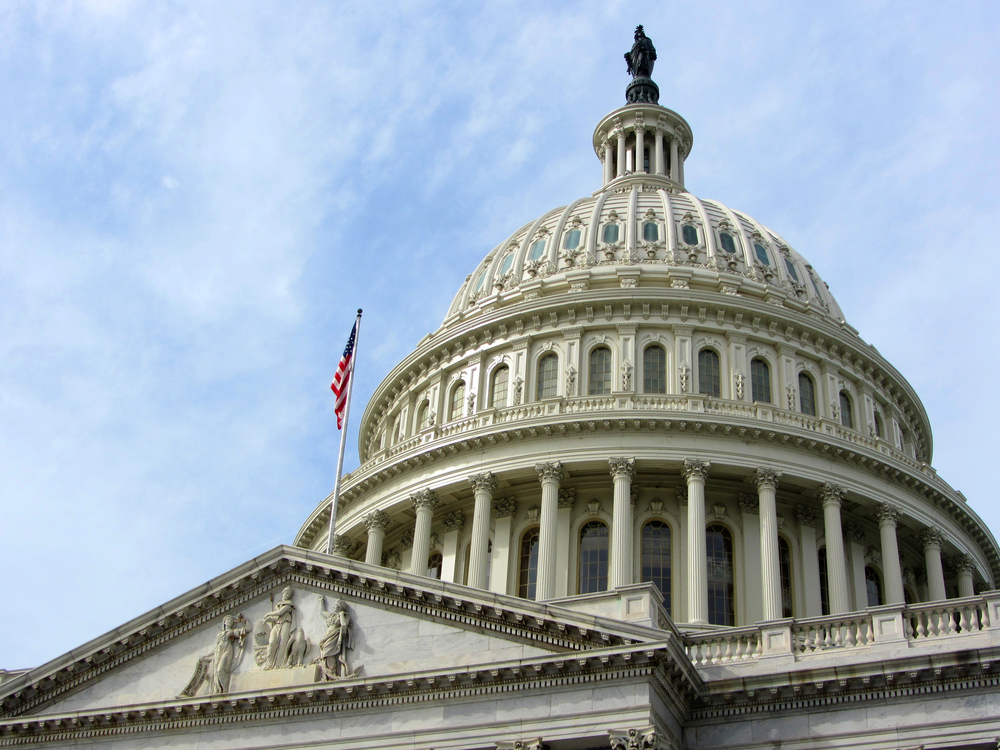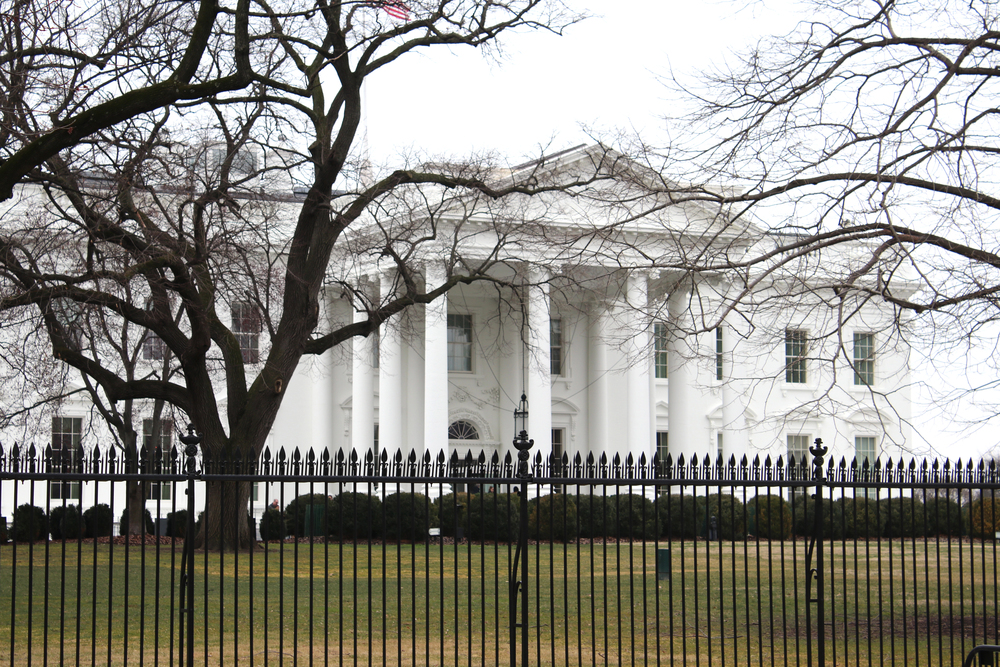Senate Holds Hearing on Flood Insurance Premiums

By: Jen McPhillips
Last week, the U.S. Senate Small Business Committee held a hearing, “No More Hikes: Small Business Survival Amidst Unaffordable Flood Insurance Rate Increases.” The Big “I” provided a statement to the committee which focused on program delivery, affordability and long-term NFIP stability for small businesses.
Market stability in flood insurance is an important factor in the continued success of America’s small businesses that rely on the NFIP, and addressing both affordability and a long‐term extension of the NFIP is critical. In addition to ensuring market stability, the Big “I” noted that a long-term extension is important to the soundness of the NFIP.
In an effort to strengthen the NFIP and to provide fiscal soundness to the program, Congress passed Biggert-Waters and, subsequently, the Homeowners Flood Insurance Affordability Act of 2014 (HFIAA). Both enacted substantial changes to the NFIP that FEMA is still implementing. Intended to help streamline the program and set the NFIP on a path to financial solvency, these changes require time to take effect. Enacting multiple short-term or retroactive extensions—or approving substantial and significant changes to the program—could delay the implementation of ongoing changes and hinder the effectiveness of these reforms already in law.
In its testimony, the Big “I” also noted that agents play a critical role in selling and servicing NFIP policies, and the association believes that flood insurance should be available and affordable to anyone who wants to purchase coverage. For the NFIP to regain solid financial footing, the number of policies in the program must increase.
A broader and more diverse risk pool will help stabilize the NFIP, provide consistency within the program and ensure that flood insurance is readily available to small businesses. While Congress should examine rate adequacy in the 2017 NFIP reauthorization, it must do so with careful consideration in order to avoid market disruption and other unintended consequences—not only for homeowners but also small businesses, which are vital to the stability of the American economy.
During the hearing, all panelists agreed that as Congress considers possible reforms to the program, it should prioritize careful analysis of their potential impact on policy take-up and retention rates by small businesses. Sen. David Vitter (R-Louisiana) voiced concerns regarding affordability, but did not express any interest in rolling back the rates set in HFIAA.
Roy Wright, FEMA deputy associate administrator for insurance and mitigation, testified that the NFIP would be purchasing more reinsurance this year to spread its risk—an initiative that the Big “I” supports. Another Big “I”-supported NFIP modernization is using updated mapping technologies and processes to better identify risk-prone properties. All the senators at the hearing spoke in favor of updated mapping technologies and processes in the next reauthorization.
Most of the panelists expressed support for S. 1679 and H.R. 2901, the “Flood Insurance Market Parity Act”, by Sens. Dean Heller (R-Nevada) and Jon Tester (D-Montana) and Reps. Dennis Ross (R-Florida) and Patrick Murphy (D-Florida). Specifically, the hearing panelists commented on the importance of the continuous coverage clause in the bill. This clause ensures that a policyholder can return to the NFIP without losing their grandfathered status if they had previously left the program and obtained coverage in the private market and that coverage no longer meets their needs. The bill passed the full U.S. House of Representatives by a 419-0 vote and now awaits Senate consideration.
Jen McPhillips is Big “I” assistant vice president of federal government affairs.










